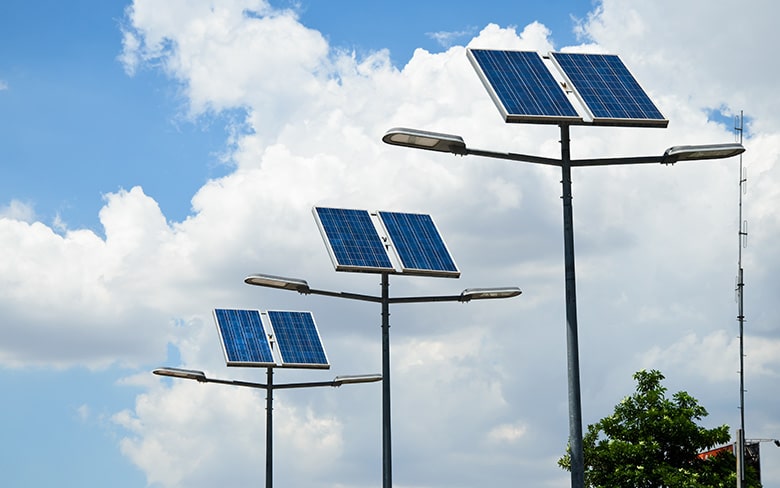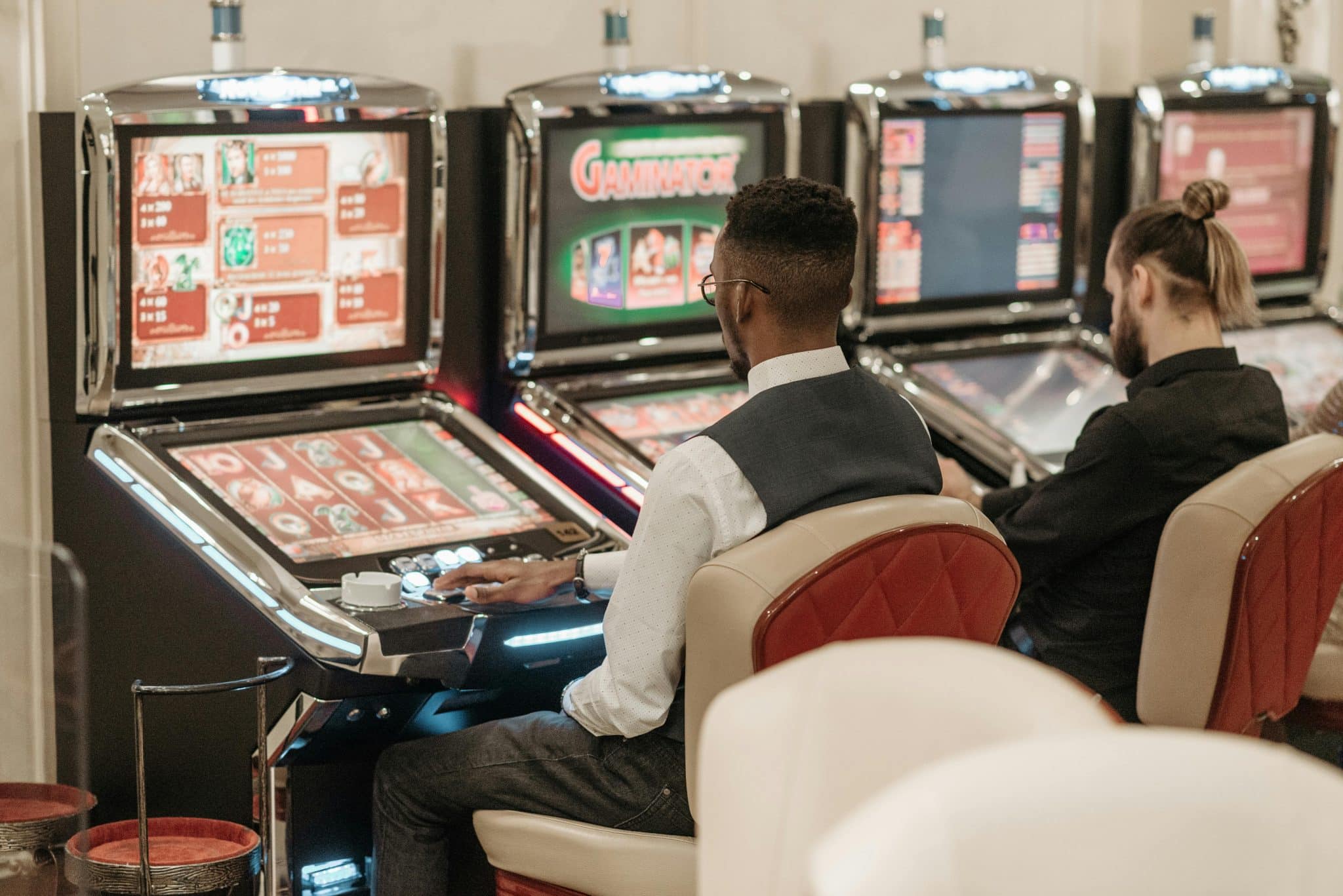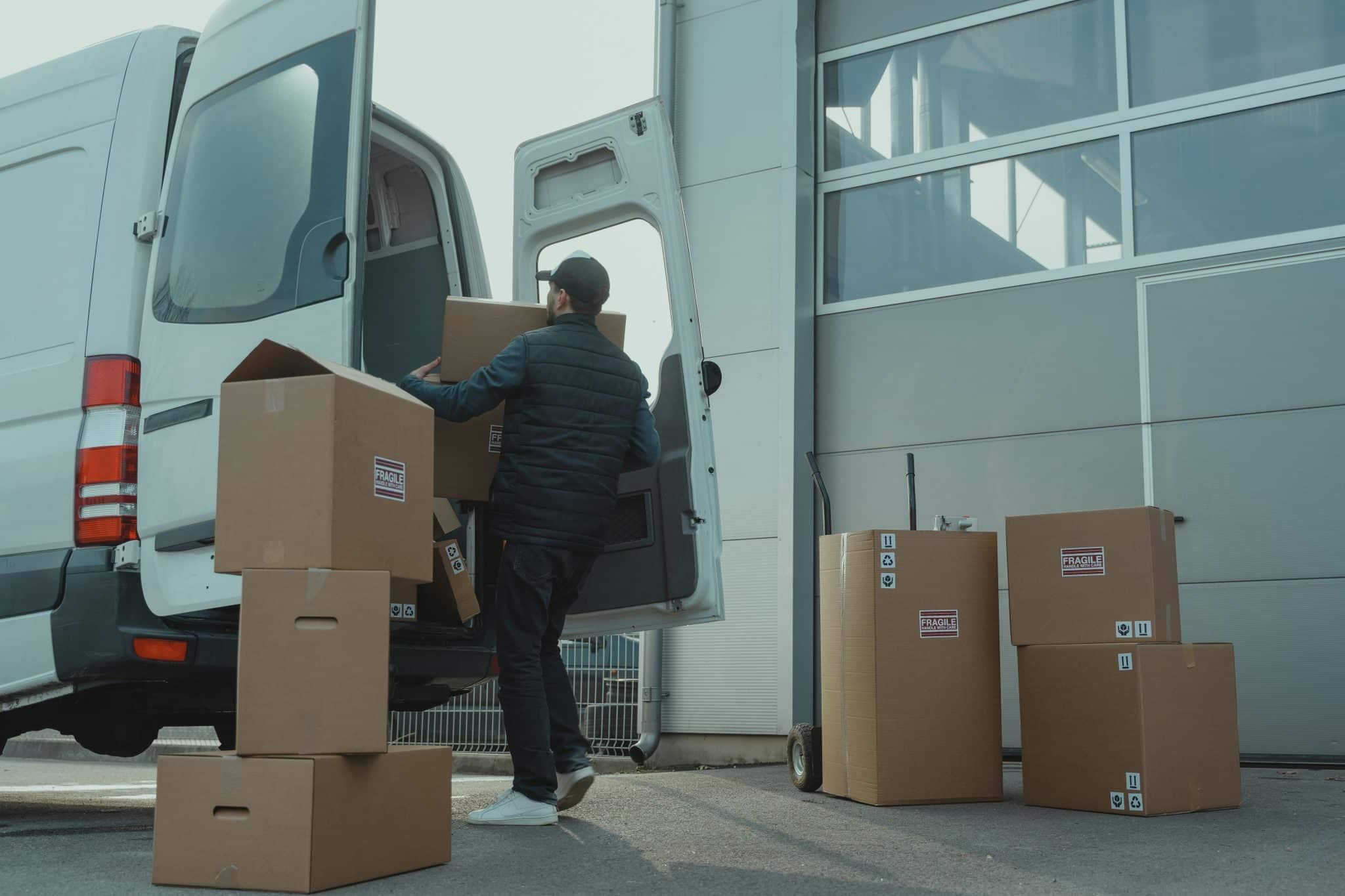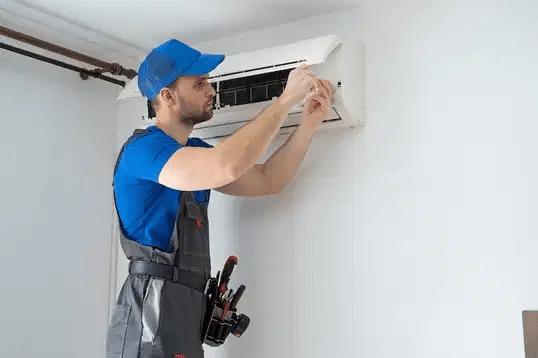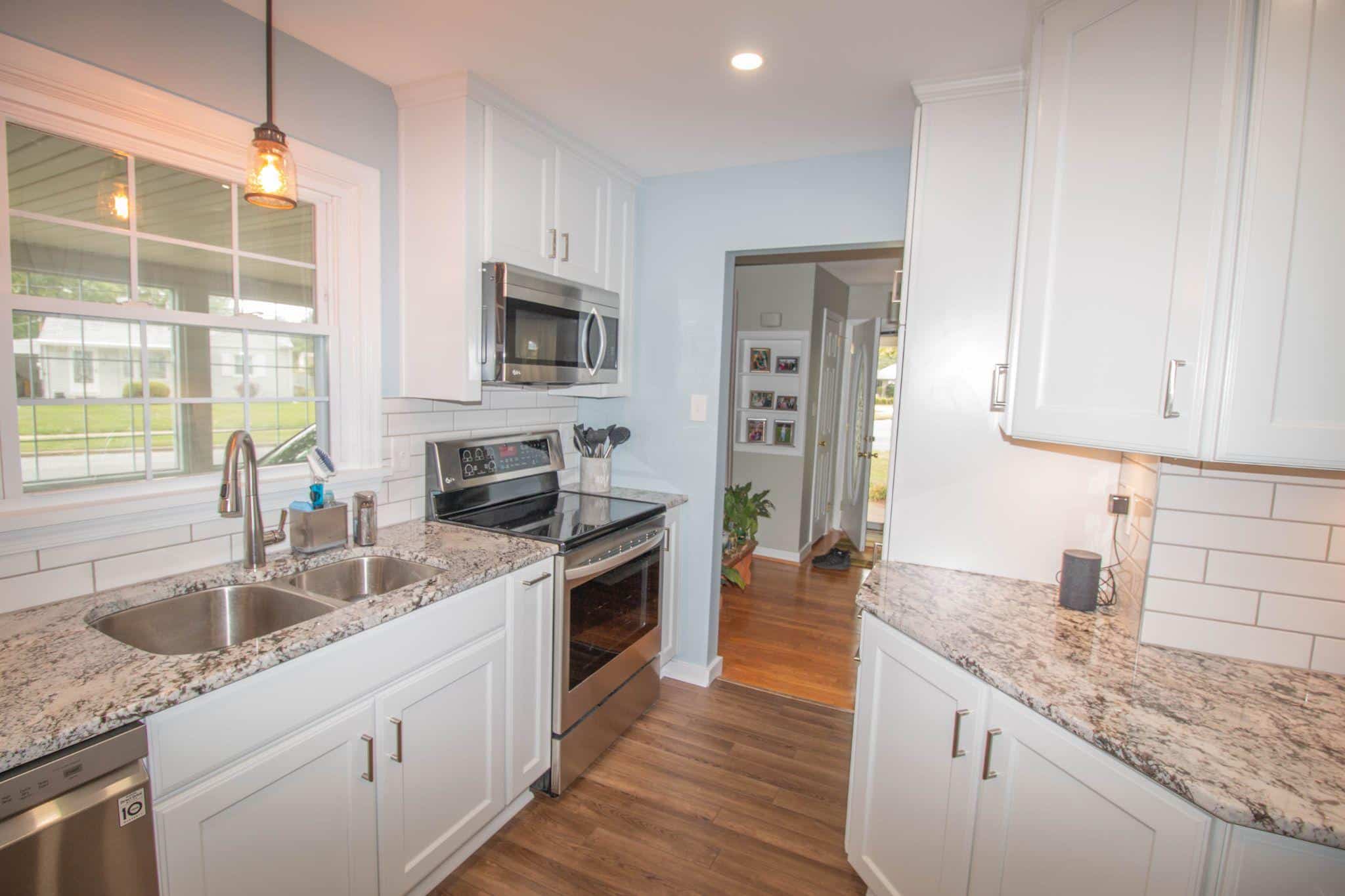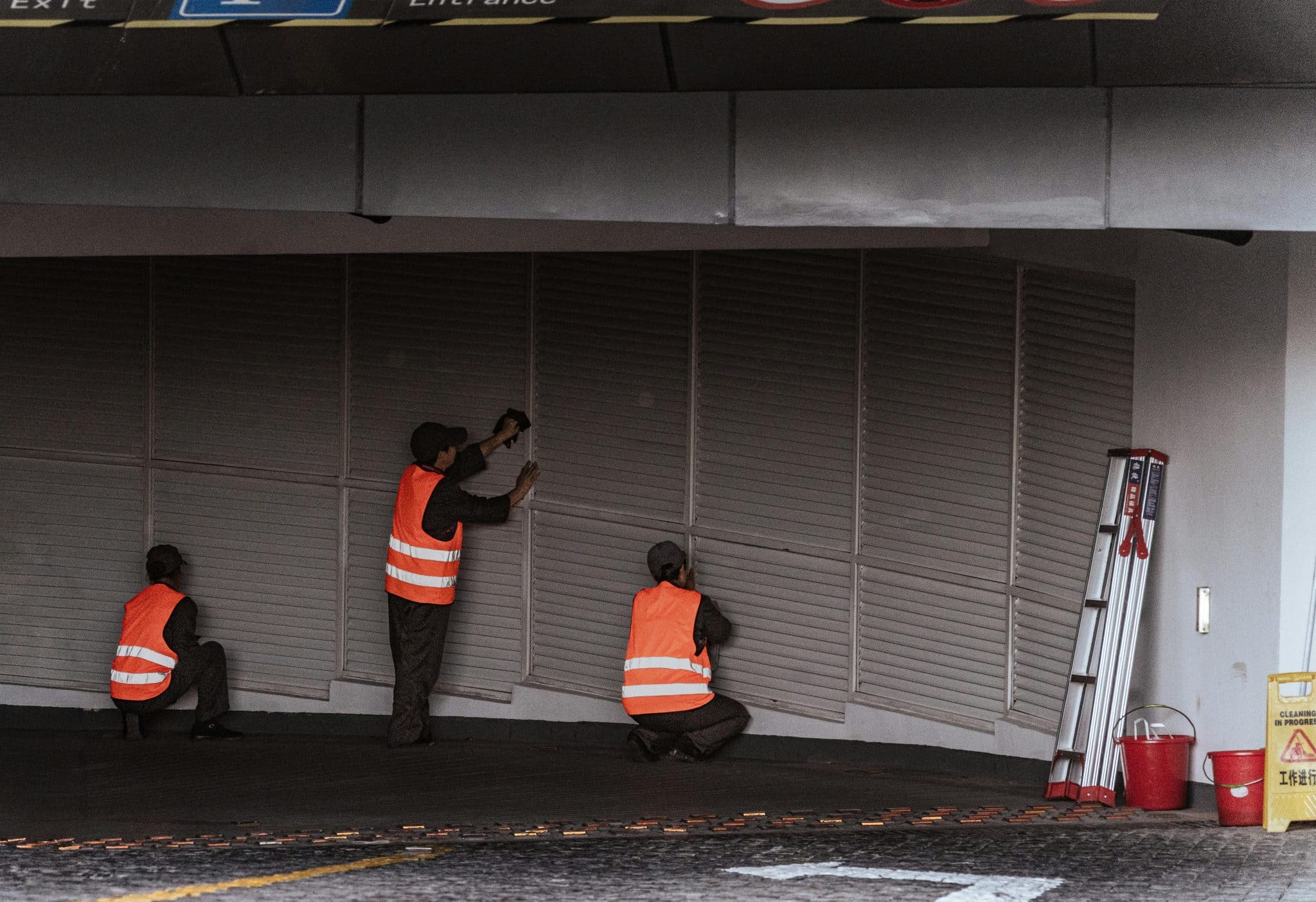As people focus more on sustainability, using solar lighting has become key in many recent construction projects. When solar-powered lighting is used for streets, parks, parking lots or house drives, you can save energy, have less upkeep and enjoy its positive effect on the environment.
How successfully solar lighting is used is mostly dependent on who you select as the manufacturer. Read more on this page. Choosing the right solar lighting manufacturer helps you get products that will stay strong, consume less energy and match your construction project.
Alternatively, a bad purchase can result in lighting that lacks consistency, wrong job installations and high costs to replace them. To make the search easier, we’ve included three important tips for picking a reliable manufacturer of solar lighting for your construction project.
Evaluate Product Quality and Technical Specifications
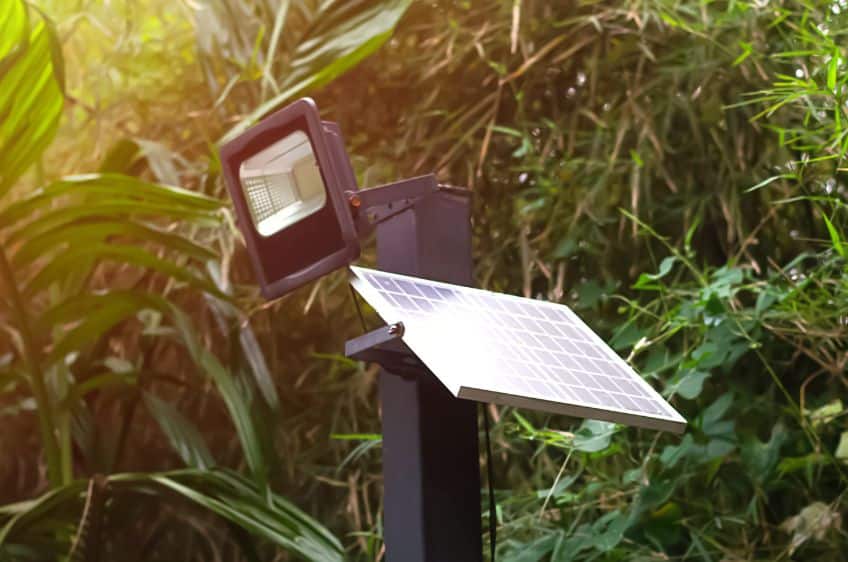
Be sure to start with considering carefully the products supplied by the manufacturer. Some solar lights are better than others. Being durable and up to code is very important in construction. You thus need products that satisfy tough industry standards.
First, have a look at the technical information for all the products. Relying on a genuine supplier will give you all the necessary datasheets to check battery capacity, solar panel efficiency, lighting duration, amount of light produced and the product’s lifespan.
It’s crucial to match the capabilities of each spec to how your project will run. If you live in a region with lots of winter and little light, find solar panels that charge well even when sunshine is scarce.
Inspect what materials are being used in building the structure. Solar lights that resist corrosion usually use aluminum alloy, tempered glass and sealed components. Get your LED chips from well-known and well-regarded companies.
Also, don’t forget about safety and certifications. Look for marks that are known in the business world, like CE, RoHS, UL, or ISO 9001. These standards show that safety, environmental, and quality standards are being met. In some places, lighting goods may have to meet certain energy or safety standards. Check with your manufacturer to make sure their products do.
Lastly, ask for case studies or samples of the product. By visiting the lights’ sites, using test units, or watching videos, you can get a better idea of their quality and how well they work in real life. Follow this link for more https://www.openaccessgovernment.org/harnessing-solar-lighting-to-transform-public-spaces/191117/.
Evaluate the Manufacturer’s Performance History and Industry Standing
Aside from the goods themselves, the reputation and experience of the manufacturer are very important to you when making your choice. When you’re building something new, you’ll need a partner who knows your goals, timelines, and limitations. You can feel more confident in your project if you work with a well-known manufacturer that has a past of delivering for commercial or municipal clients.
To begin, find out how long the company has been around. While younger manufacturers may have new ideas, those that have been around longer are more likely to have improved their production methods, customer service, and support after the sale.
Look at the company’s list of completed projects. A good manufacturer should be able to show off their work in a wide range of areas, such as industrial parks, residential communities, business buildings, highways, schools, and commercial parks. You can get an idea of how flexible and reliable their solar lighting options are by looking at how they’ve been used in other new buildings.
Check with other builders, architects, or contractors to get recommendations or quotes. Honest comments from past customers about how well the product works, when it arrives, and how quickly support responds is very helpful. Also, read reviews on sites like Google, Trustpilot, or forums that are relevant to your industry. Every company has flaws, but repeated red flags should make you suspicious.
You should also see if the company has won any awards or certifications for innovation, works with solar or lighting groups, or attends events in the industry. This shows that they are not only knowledgeable about solar technology, but also interested in how it changes over time.
Look at Warranty, Customization, and Customer Service Options
It’s not enough to just buy tools for a new construction job; you also need to be able to coordinate, be flexible, and get ongoing help. That’s why the quality of customer service a solar lighting company provides is so important.
First, look at how prompt they are. When you first contact the maker, look at how quickly and fully they answer. Do they explain things well? Are they ready to give you detailed information, samples, or layout simulations? If you can get in touch with the maker before the sale, they are more likely to be on hand when problems arise after the sale
Next, look over the warranty and support rules after installation. An excellent solar lighting manufacturer with a good reputation usually offers warranties that last between 3 and 10 years, based on the parts of the product.
Make sure that the protection covers both problems with the way it was made and problems with how it works, like how long the battery will last or how long an LED will last. Make sure you know if the company offers on-site help, remote troubleshooting, or replacement parts in case something goes wrong.
One more important thing to think about is how flexible the manufacturer’s options are. There are no two building projects that are exactly the same, so you may need to change the pole height, lighting angle, power output, or system autonomy. Manufacturers you can trust will help you with the design process and offer a range of product configurations to meet the unique lighting needs of your project.
Last but not least, ask about arrangements and lead times. Construction projects have tight schedules, so it’s important that the maker can get the goods to the site on time. If your lighting doesn’t arrive on time, it can slow other parts of your build. Manufacturers who have local distribution networks or the ability to make more of their products are often better able to meet project goals.

